Services Offered
We offer in-clinic early intervention services for children diagnosed with ASD
Small Steps. Giant Leaps.
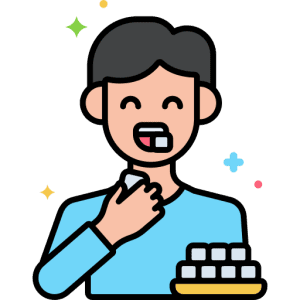
Picky Eating
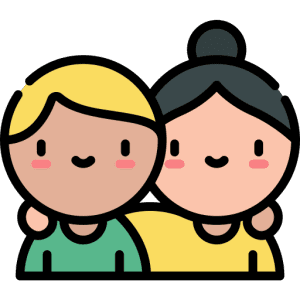
Social Groups

Potty Training
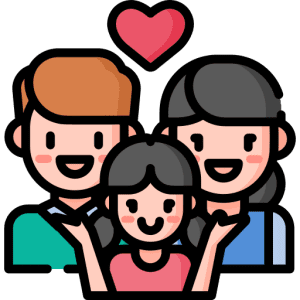
Parent Training
Early Intervention
Designed for children aged 2-6 years, our early intervention program focuses on building foundational skills in areas such as communication, social interaction, play, and self-care. By providing targeted support at a young age, we aim to improve long-term outcomes and promote overall development.
Our experienced therapists work closely with each child in one-on-one sessions, using evidence-based ABA techniques to teach essential skills and promote progress across multiple domains.
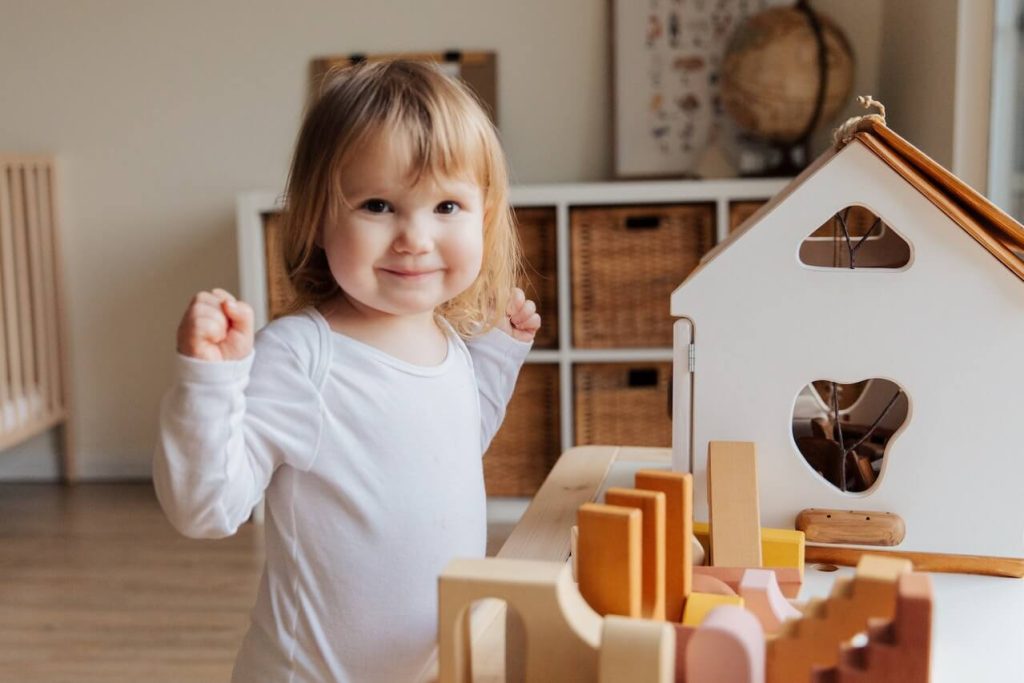
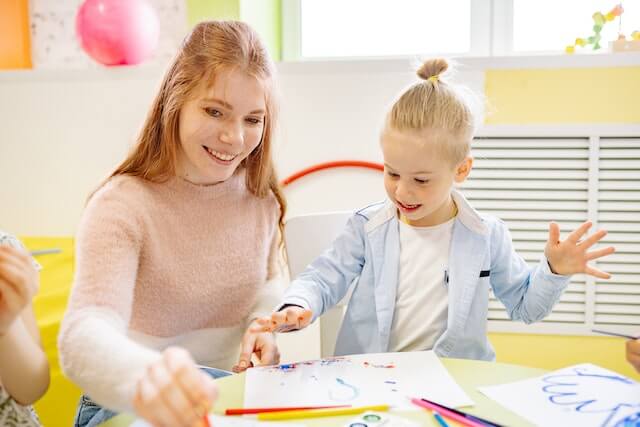
1:1 ABA Therapy
One-on-One ABA therapy provides a highly personalized, engaging, and effective approach to help individuals with autism and other developmental disabilities achieve their goals and reach their full potential.
It provides a highly focused learning environment with one therapist working directly with the individual. This can lead to more efficient learning and progress compared to group therapy.
This type of therapy provides a more engaging and interactive learning experience for the individual. The therapist can tailor the therapy to the individual’s interests and abilities, making it more motivating and enjoyable.
Core Skill Development
Our Program targets key areas of development, including:
- Communication: Building verbal and nonverbal communication skills, such as making requests, labeling objects, and understanding simple instructions.
- Social Interaction: Developing social skills, such as turn-taking, sharing, and maintaining eye contact, to promote positive interactions with peers and adults.
- Play Skills: Fostering age-appropriate play skills, including independent play, cooperative play, and imaginative play, to encourage engagement, creativity, and social connection.
- Cognitive Skills: Enhancing cognitive abilities, such as problem-solving, attention, and memory, to support learning and academic readiness.
- Self-Care and Adaptive Skills: Teaching daily living skills, such as dressing, toileting, and feeding, to promote independence and self-sufficiency.
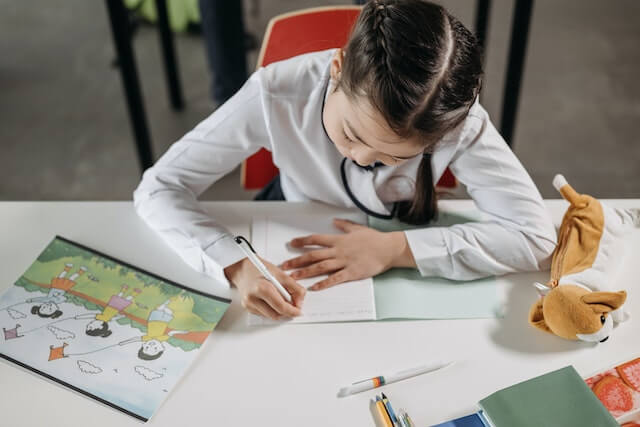
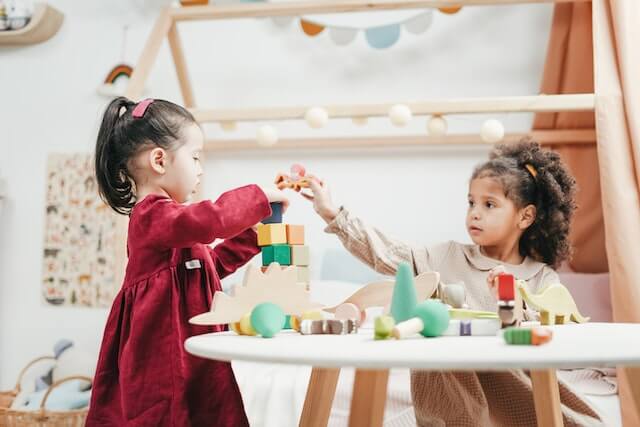
Group and Peer Interaction
Our Program targets key areas of development, including:
- Communication: Building verbal and nonverbal communication skills, such as making requests, labeling objects, and understanding simple instructions.
- Social Interaction: Developing social skills, such as turn-taking, sharing, and maintaining eye contact, to promote positive interactions with peers and adults.
- Play Skills: Fostering age-appropriate play skills, including independent play, cooperative play, and imaginative play, to encourage engagement, creativity, and social connection.
- Cognitive Skills: Enhancing cognitive abilities, such as problem-solving, attention, and memory, to support learning and academic readiness.
- Self-Care and Adaptive Skills: Teaching daily living skills, such as dressing, toileting, and feeding, to promote independence and self-sufficiency.

